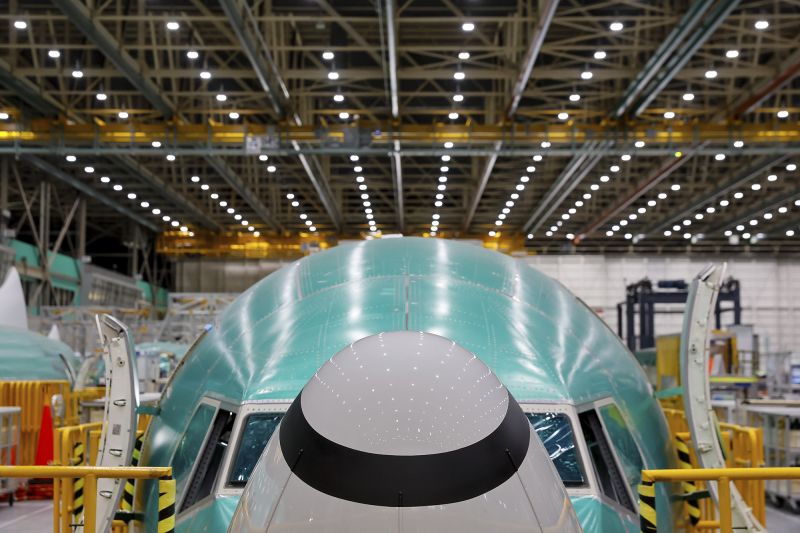Boeing’s Massive Financial Crisis: What It Means for You
Boeing is facing a severe financial crisis due to a prolonged strike by its unionized workers, which has halted the production of its popular 737 MAX, 767, and 777 widebody aircraft. The strike, involving approximately 33,000 workers, has been ongoing since September 13 and is estimated to be costing Boeing over $1 billion each month.
The company is seeking to raise up to $25 billion through a combination of stock and debt offerings, as well as a $10 billion credit agreement with prominent lenders like Bank of America, Citibank, Goldman Sachs, and JPMorgan. This move is aimed at maintaining its investment-grade credit rating, which is currently under threat.
Boeing’s long-term debt has significantly increased, climbing to $53 billion by the end of June from $10.7 billion at the end of March 2019, largely due to operational and safety issues, including the 737 Max crashes. The company has also announced plans to eliminate 17,000 jobs, equivalent to 10% of its global workforce, to mitigate financial losses.
The ongoing strike and financial challenges have led to increased pressure on Boeing’s new CEO, Kelly Ortberg, to resolve the situation. Prominent Congressional Democrats and union leaders are urging both parties to come to a fair agreement that recognizes the vital contributions of the workforce. The situation remains contentious, with negotiations stalled and no new discussions scheduled.
Boeing’s financial instability has also raised concerns among industry leaders, with Emirates Airlines President Tim Clark warning of an imminent investment downgrade and even Chapter 11 bankruptcy if the company fails to secure funds through a rights issue.



